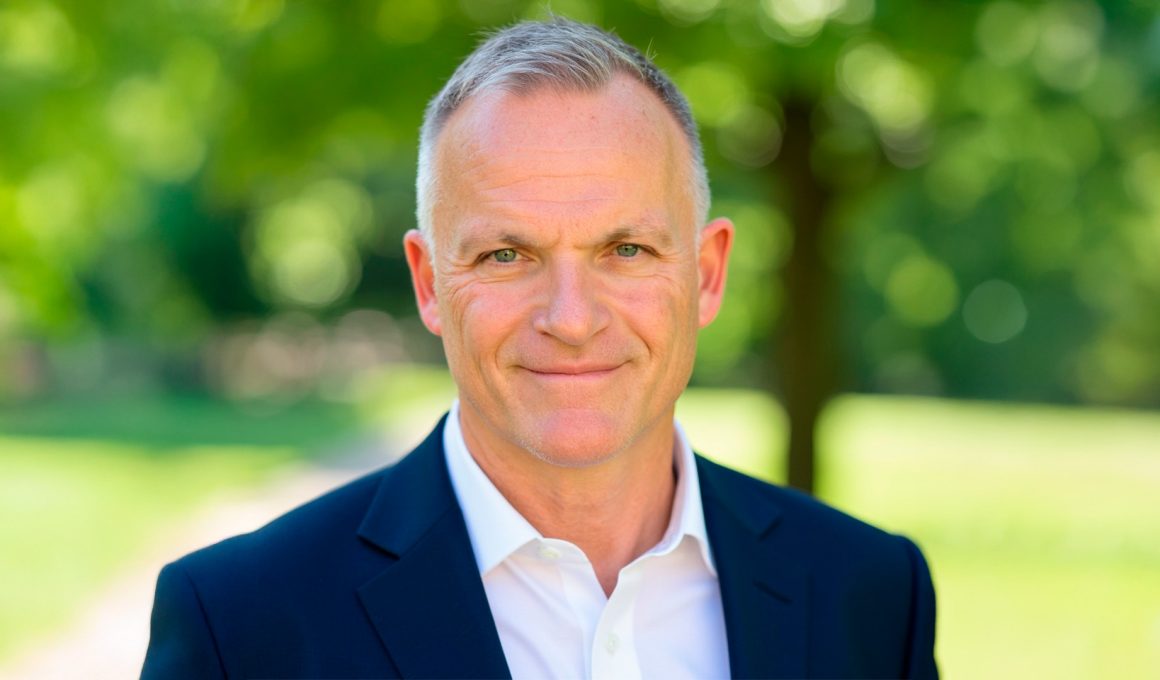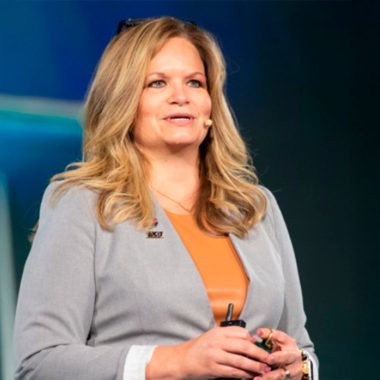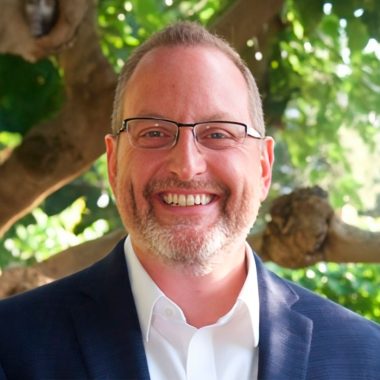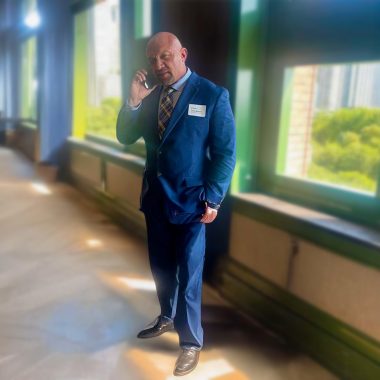With more than three decades of leadership experience in biopharmaceutical operations, Chuck E. Hart Jr. has seen the industry from nearly every angle. The biopharma Contract Development and Manufacturing Organization sector (CDMO) has become a cornerstone of drug development and production, enabling biopharmaceutical companies to scale faster, bring therapies to market, and navigate an increasingly complex regulatory environment. “As CDMOs grapple with margin pressures, capacity demands, and rising client expectations, operational excellence and people-centered authentic leadership are no longer optional, they are the differentiators,” says Hart.
From global leaders like Amgen and GlaxoSmithKline to mid-sized firms and early-stage startups, Hart’s career has spanned greenfield launches, brownfield turnarounds, and mature commercial operations. Along the way, he has developed a leadership philosophy rooted in operational discipline, meaningful measurement, and a deep commitment to people.
“Two years into my career, I was given my first shift supervisor role,” says Hart. “That early opportunity taught me the value of accountability, communication, and setting the tone for how a team performs. Over the last 34 years, the milestones reached and the lessons gained from challenges along the way, have strengthened my leadership and reinforced the foundation I still rely on today.”
The Discipline of Visual Management
Hart is a firm believer in daily transparency. For him, visual management and robust KPIs are the backbone of CDMO performance. In a sector where timelines are tight and quality expectations uncompromising, constant measurement keeps teams aligned and problems visible before they escalate.
“Visual management is your daily report card,” he says. “If you’re not measuring and reviewing progress in real time, you won’t fully know where you stand.”
Shallow metrics, he warns, only create a false sense of success. “Easy KPIs where everything looks green don’t push a company forward. Metrics should be meaningful, challenging, and tied directly to overall site performance and improvement. Even red scores are valuable as they show where support or oversight is needed. That visibility is how companies get better.”
Investing in People and Training
Metrics alone don’t build sustainable success. Hart emphasizes the power of investing in people — blending technical knowledge with practical, hands-on expertise.
“If you put 95% educated, theoretical people into a manufacturing environment, you will likely struggle,” he says. “But add into the mix experienced shift workers with 5 or 10 years on the floor, and they become invaluable.”
At one site, Hart and his team repurposed unused equipment for hands-on training and built a month-long onboarding process into the hiring plan.
“If I would talk to any CDMO, whether new or established, I’d say: Bake in a training process. Make it robust, put someone accountable for it, and treat it as an essential part of operations.”
For Hart, employee satisfaction and client satisfaction are inseparable. “It’s surprising how people don’t see that alignment. When you invest in training, development, and culture — when you emphasize employee welfare — it will ultimately show up in client satisfaction.”
Quality That Stands Up to Scrutiny
Hart is quick to call out superficial practices that mask deeper problems, arguing that authentic quality matters more than polished dashboards.
“Give me a company that struggles with on-time deviation closure but delivers solid investigations and meaningful CAPAs over one that looks perfect on paper but hides weak investigations and ‘check-the-box’ fixes,” he says.
For Hart, quality comes down to integrity: investigations that hold up under scrutiny, systems that work under pressure, and teams empowered to solve problems rather than hide them. This, he believes, not only strengthens operations but builds lasting trust with clients and regulators alike. And it provides for a strong partnership between leadership and staff.
A Philosophy for the Next Generation
Looking back, Hart sees a clear pattern in successful biopharmaceutical operations: operational rigor, investment in people, and authentic leadership.
“I’ve had the privilege of working across legacy companies, medium-sized firms, and startups. What I’ve seen consistently is that when you get the fundamentals right — proactive visual management, meaningful KPIs, robust training, employee investment, and authentic quality — you set your company up for long-term success.”
Today, Hart continues to advise and mentor leaders across the industry, helping organizations strengthen their foundations and unlock their potential in an increasingly competitive CDMO landscape.
To connect with Chuck E. Hart Jr. and learn more about his work, visit his LinkedIn.








